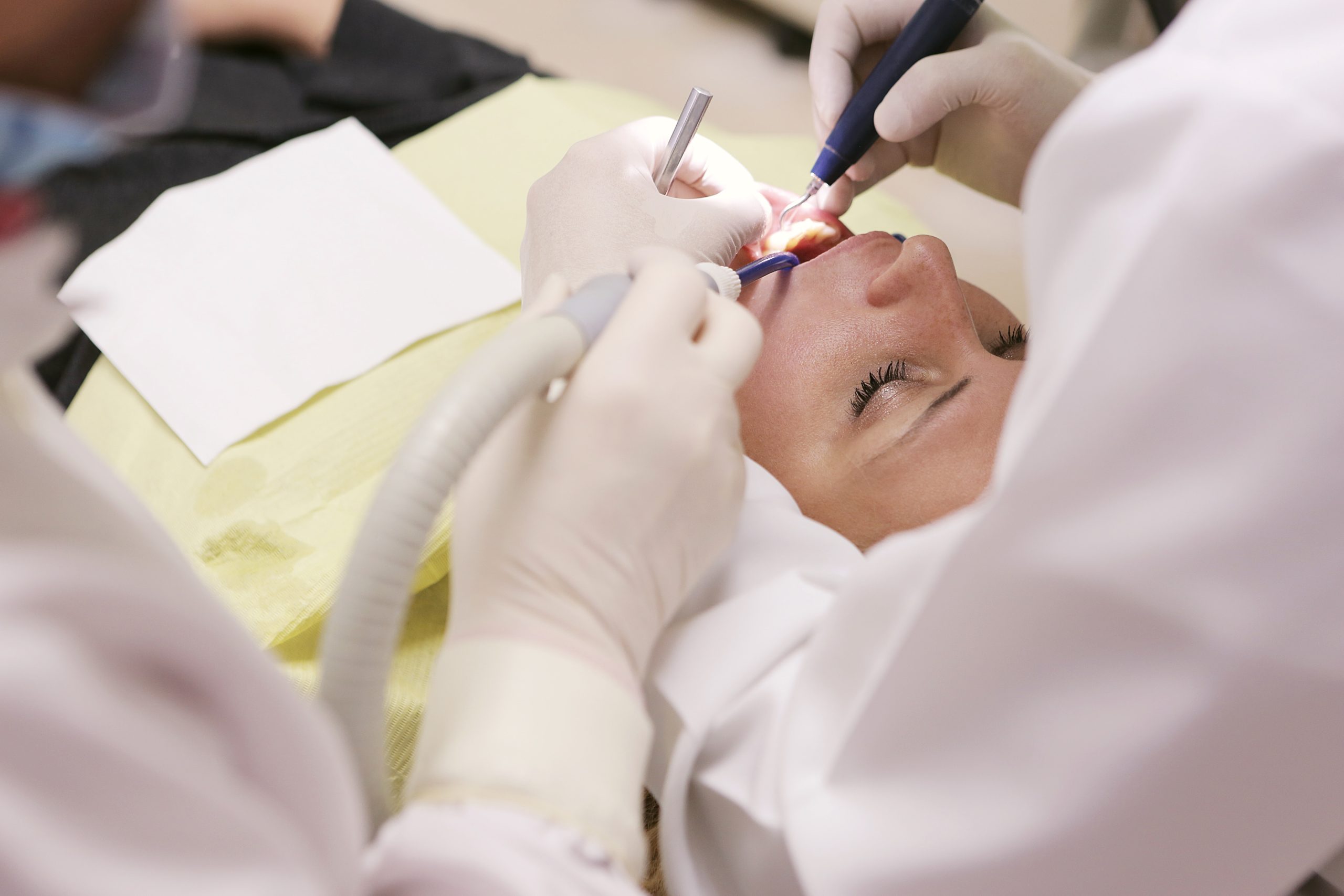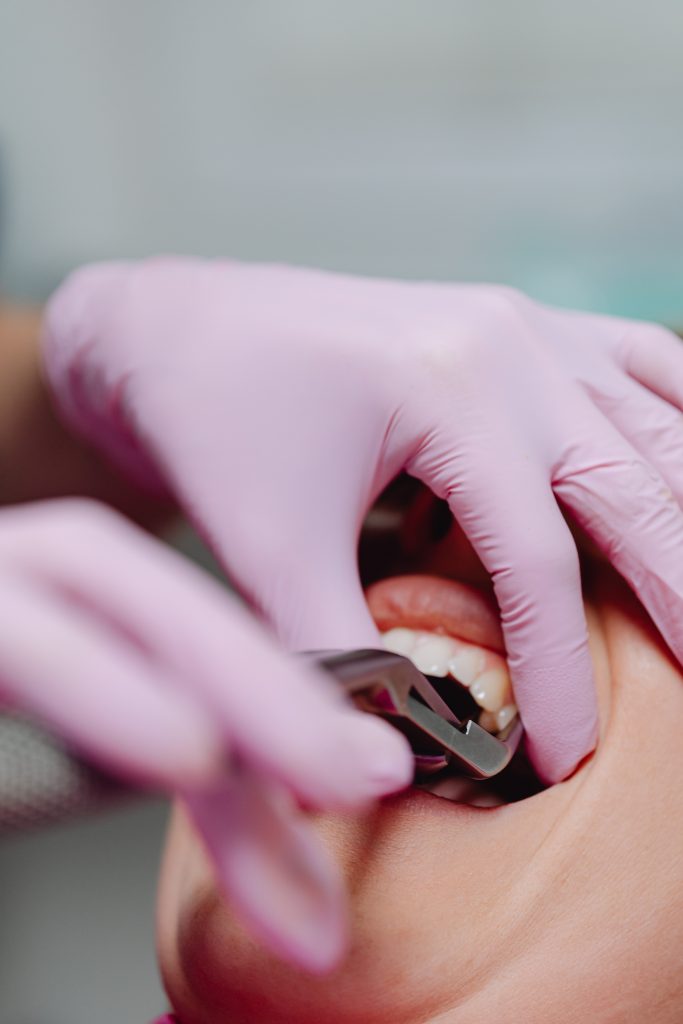
In the United States, a considerable portion of adults face an increased risk of developing periodontal disease due to genetic predisposition, underlying medical conditions, misaligned teeth, or other contributing factors.
The possibility of more severe oral health problems, which may include advanced periodontal infections, necessitates procedures like root canal treatments or tooth extraction. These procedures are usually conducted on an outpatient basis and involve a recovery period of several weeks. This recovery phase is often accompanied by prescribed medications like pain relievers and antibiotics.
When facing dental procedures, you might be unsure whether a root canal or a tooth extraction suits your situation. Furthermore, comprehending the details of each procedure and knowing what to anticipate afterward can contribute to this uncertainty.
This article offers valuable insights regarding root canals and tooth extractions, helping you make well-informed decisions that align with your particular needs.
A root canal procedure includes the extraction of the infected pulp from a tooth, followed by a comprehensive cleaning and sealing of the tooth's interior to avoid potential future infections. This process is conducted under local anesthesia and is executed by an endodontist. An endodontist is a dentist who has undergone specialized training to handle problems involving the inner structure of teeth.
Various indications point to the necessity of a root canal. If you experience pain while chewing or when consuming hot or cold beverages, it's likely that a root canal is required. Other signs to watch out for include:
Following a root canal procedure, your mouth will remain numb for several hours. Most individuals can quickly resume work, school, or other daily activities. It's recommended to wait until the numbness subsides before eating any food.
In the initial days after the root canal procedure, you might experience tooth sensitivity due to tissue inflammation, especially if the tooth was painful or infected before the treatment. Over-the-counter pain relievers like ibuprofen (Advil, Motrin) or naproxen (Aleve) can often alleviate this discomfort.
Until your root canal process is completely finished, with a permanent filling or crown in place, avoiding chewing using the treated tooth is advisable. This precaution helps maintain cleanliness in the area and may prevent the tooth's fragility from causing it to break before complete restoration is achieved.

Tooth extraction involves the removal of a damaged or infected tooth from its socket. This procedure is usually performed with localized anesthesia by a dental surgeon or a periodontist. Dental surgeons and periodontists are experts who specialize in carrying out such extractions.
You or your dentist may opt for tooth extraction in cases of:
After your tooth is removed, your dentist will ensure that the gum socket, the space in the jawbone where the tooth was located, is thoroughly cleaned. If the extraction involved a gum incision, a stitch might be necessary to close it.
Expect some bleeding following the tooth extraction. To manage this, your dentist will advise you to bite down on a piece of gauze.
Once the effects of the anesthesia wear off, you may experience some pain and discomfort. Swelling in your mouth might also be noticeable.
Your dentist may provide you with a prescription for antibiotics or pain relief medication, or suggest suitable over-the-counter options.
Several factors must be considered when deciding between root canal treatment and tooth extraction. Both procedures have distinct purposes depending on the tooth's specific condition and the individual's overall oral health.
Ultimately, the choice relies on a thorough assessment by your dentist or endodontist, considering the tooth's state, surrounding tissues, and oral health objectives. This collaborative evaluation ensures that the selected treatment aligns with your requirements, aiming for the best possible results regarding function, appearance, and long-term oral well-being.
At Arvada Dental Excellence, we offer comprehensive general dentistry services in Colorado, encompassing root canals and tooth extractions. Embark on the path to optimal dental health in our care. You can attain the smile you've envisioned through personalized treatments while enjoying maximum comfort.
Feel free to contact us to initiate a discussion about your preferences with our team of experts.